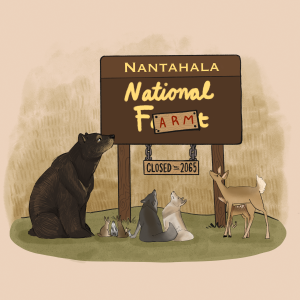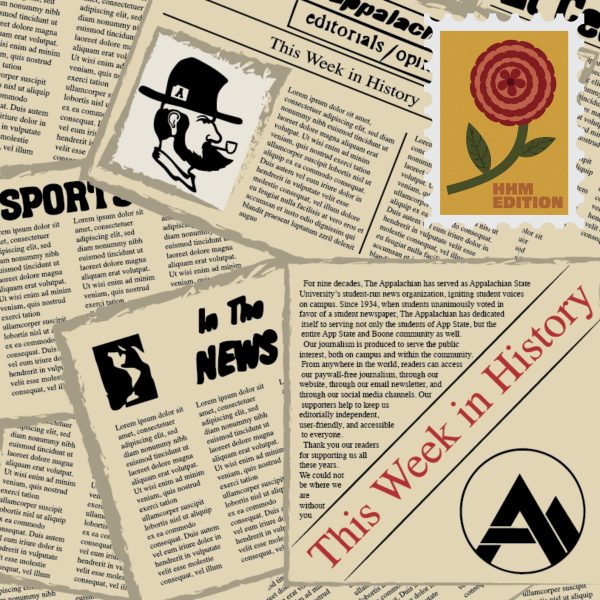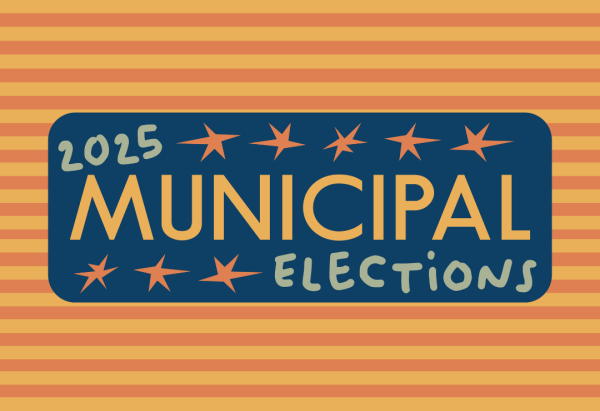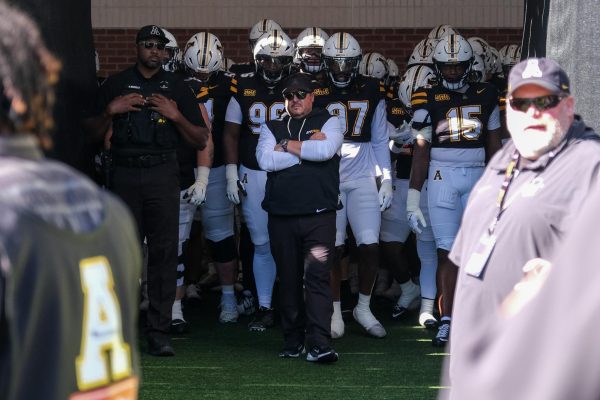Caleb’s Concept’s: COVID-19’s Hidden Cost for Watauga’s Economy
This illustration, created at the Centers for Disease Control and Prevention (CDC), reveals ultrastructural morphology exhibited by coronaviruses.A novel coronavirus, named Severe Acute Respiratory Syndrome coronavirus 2 (SARS-CoV-2), was identified as the cause of an outbreak of respiratory illness first detected in Wuhan, China in 2019
March 18, 2020
On Tuesday, Gov. Roy Cooper issued an executive order closing restaurants and bars for dine-in customers to halt the spread of COVID-19. There is no debate that Cooper made the right decision. However, this policy will impact Wataugan’s directly.
COVID-19 is the newest member of the coronavirus family to infect humans. This group of positive strand RNA viruses, which include severe acute respiratory syndrome, are highly contagious and sometimes lethal depending on age and lifestyle. However, data pertaining to COVID-19 are high-level guesswork from public health officials because many cases of COVID-19 are asymptomatic, meaning those infected display no symptoms. Therefore, the risk of infection may be greater than previously anticipated.
In response to this crisis, North Carolina closed public schools, universities, and now bars and restaurants. But what does this mean for local residents? For one, local businesses will generate less revenue because many students will remain at home because of canceled in-person classes. This means less money heading into Watauga’s service industry’s pockets because there is an absence of students that will spend money on local stores.
Local service sector businesses will suffer because a significant portion of their income is gone. To make matters worse, Cooper’s quarantine will impact sit-down restaurants more heavily than local fast-food joints because the ban does not prevent customers from using drive-thru options.
This means that the demand for eating out will be shifted to restaurants that offer this service, such as Comeback Shack. The majority of fast food chains in Boone, are also national chains that now have a competitive advantage during the COVID-19 pandemic.
While Boone’s service industry will continue to suffer, large corporate retailers will benefit. Demand for household items, such as toilet paper and perishable items, has skyrocketed nationally and locally. Large retailers will continue to increase their revenues as consumers increase their purchases during the quarantine. For example,
The biggest losers during this ordeal are servers and bartenders. Servers and bartenders will lose a significant portion of their income since they rely on tips to subsidize their income. These workers will miss out on their added income because dine-in restaurants are no longer open. North Carolina servers average around $2.13, making tipping essential for these workers’ livelihood. This means that these workers make money proportionately to what customers tip. Therefore, these workers would likely take a pay cut despite Cooper’s intentions to increase unemployment benefits.
COVID-19 is the most serious global pandemic our world has faced since the Spanish Flu of 1918 that killed 50 million people. Global and local leaders are trying to ensure COVID-19 does not reach those numbers. Yet, their intentions will have economic consequences.













